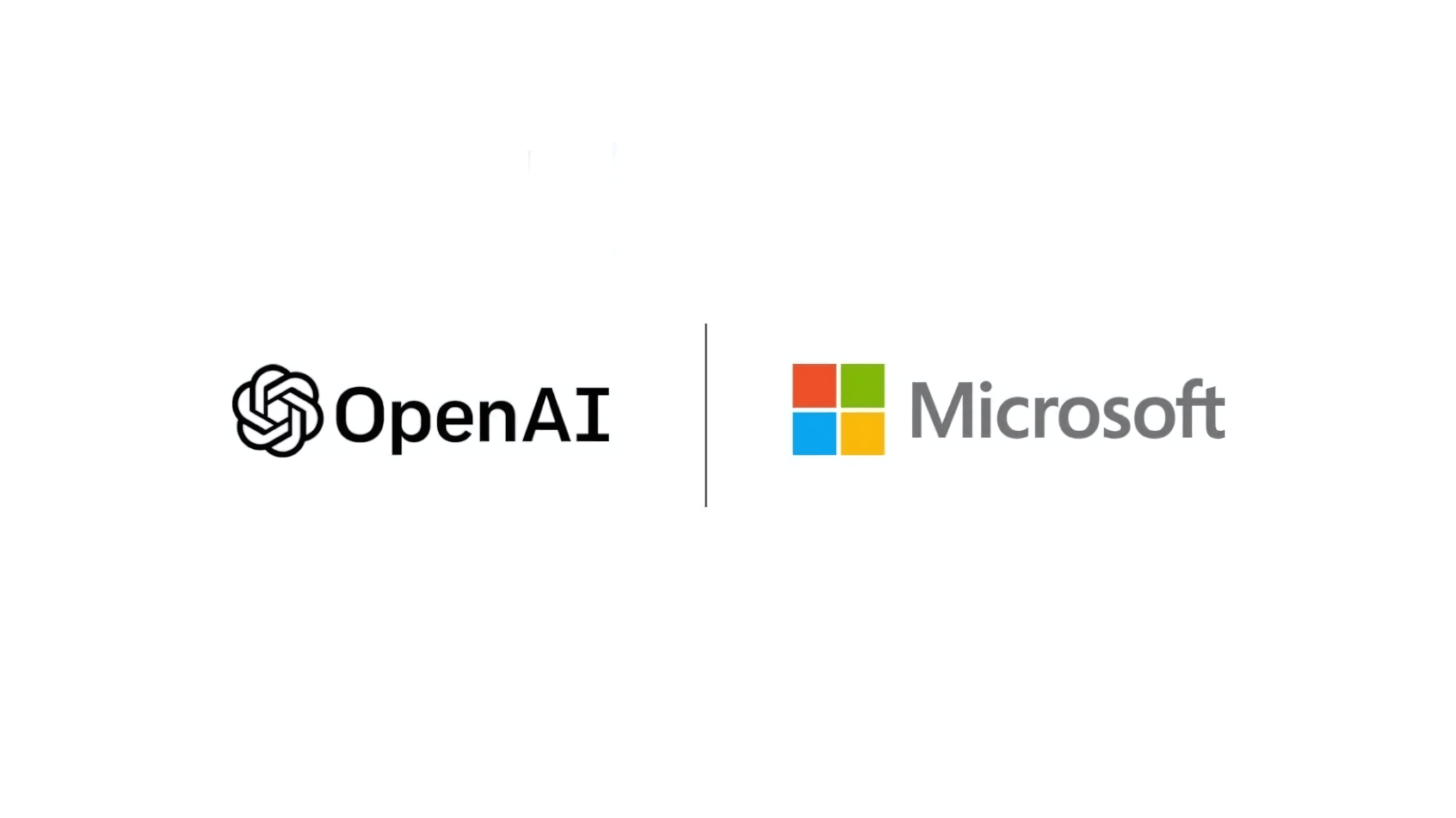Microsoft gains AGI rights in new OpenAI deal, expert panel to rule on milestone

Microsoft and OpenAI redefine their partnership with new independence and AGI rules.
Microsoft and OpenAI have signed a new agreement that reshapes their partnership, granting both companies more independence after OpenAI's recent restructuring. Microsoft now holds about a 27 percent stake in the restructured OpenAI Group Public Benefit Corporation (PBC), a share valued at roughly $135 billion, according to Microsoft's announcement.
Key elements of their collaboration remain intact. OpenAI continues as Microsoft's partner for so-called frontier models, and Microsoft keeps exclusive IP rights as well as exclusive access to the Azure API until OpenAI reaches artificial general intelligence (AGI). This AGI clause was a major sticking point in negotiations, alongside OpenAI's push for more independence. The new agreement offers a look at how the two companies found common ground.
What greater independence means for OpenAI
OpenAI now has more freedom to operate in key areas. The company can co-develop products with third parties. While API-based products still have to run exclusively on Azure, OpenAI is free to host non-API products on any cloud provider.
OpenAI can also offer API access to US government clients in the national security space, regardless of which cloud provider they use. The company is now allowed to release open-weight models, as long as they meet certain criteria. Another major shift: Microsoft no longer holds the right of first refusal as OpenAI's compute provider. In exchange, OpenAI has committed to buy an additional $250 billion worth of Azure services.
Microsoft gets a long-term stake and new AGI options
Microsoft is also expanding its options. Its IP rights to OpenAI models and products now run through 2032 and cover models developed after AGI is achieved, with safety requirements attached. Microsoft’s rights to confidential research methods ("Research IP") last until AGI is officially recognized or until 2030, but certain elements like model architectures and weights remain exceptions where Microsoft still has rights. Consumer hardware from OpenAI is explicitly excluded from these IP rights.
Perhaps the biggest change for Microsoft is that it can now pursue its own AGI development, independently or with partners - a move that was previously off the table until 2030. If Microsoft uses OpenAI technology before AGI is formally declared, the agreement sets strict compute thresholds for those models.
One more notable update: AGI status is no longer determined by OpenAI alone. Instead, an independent panel of experts will make the call. Revenue-sharing between the companies will continue until AGI is verified, with payments now structured to stretch over a longer period.
AI News Without the Hype – Curated by Humans
As a THE DECODER subscriber, you get ad-free reading, our weekly AI newsletter, the exclusive "AI Radar" Frontier Report 6× per year, access to comments, and our complete archive.
Subscribe nowAI news without the hype
Curated by humans.
- Over 20 percent launch discount.
- Read without distractions – no Google ads.
- Access to comments and community discussions.
- Weekly AI newsletter.
- 6 times a year: “AI Radar” – deep dives on key AI topics.
- Up to 25 % off on KI Pro online events.
- Access to our full ten-year archive.
- Get the latest AI news from The Decoder.